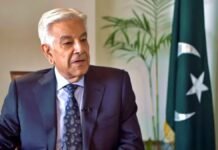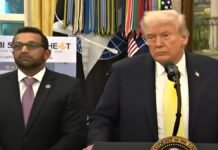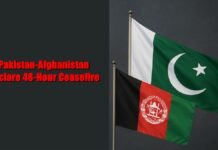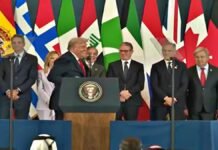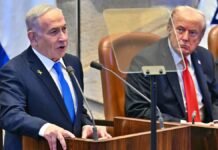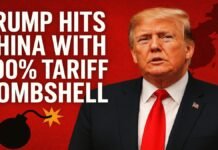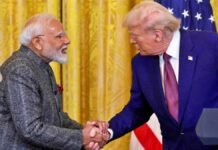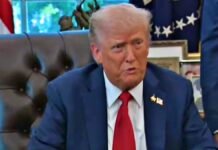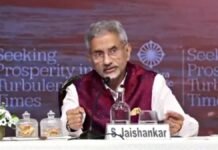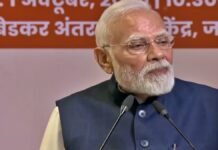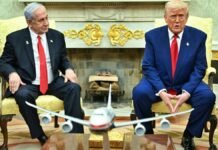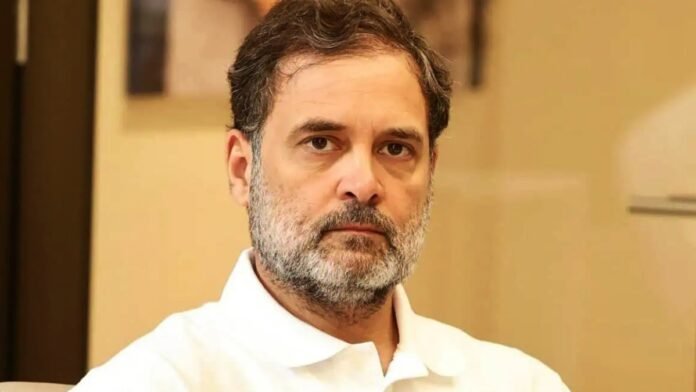
Key Points
- Rahul Gandhi accuses PM Modi of allowing President Trump to dictate India’s Russian oil policy, calling India’s stance “frightened and weak”.
- The Congress leader cites five incidents as evidence that India’s foreign policy operates under US pressure.
- India’s ruling party has not officially responded; opposition claims national sovereignty is at stake.
- Russia remains India’s top oil supplier despite the controversy; Indian officials say their decisions are driven by national interest and consumer protection.
- Debate intensifies over signs of a shift in India’s decades-old independent diplomacy.
New Delhi: The Indian political scene is witnessing heated exchanges after Congress leader Rahul Gandhi launched a direct attack on Prime Minister Narendra Modi’s foreign policy approach in response to US President Donald Trump’s recent claim that India will stop buying Russian oil. Rahul Gandhi, in a social media post, sensationally alleged that “Prime Minister Modi is afraid of Trump,” and accused the government of letting the US shape key policy decisions, undermining India’s sovereignty.
Trump’s announcement from the White House that PM Modi assured him India would soon halt purchases of Russian crude sparked a wave of political uproar. Rahul Gandhi referenced the claim as “proof” of PM Modi’s willingness to cede control to a foreign power, questioning whether India still maintained its tradition of independent decision-making.
Rahul’s Five-Point Attack on Modi
Gandhi spelled out his allegations through five key points in a widely shared tweet:
- Allows Trump to decide and announce India’s Russian oil policy.
- Continues sending congratulatory messages to the US despite repeated diplomatic snubs.
- Cancels the Finance Minister’s proposed visit to Washington.
- Skips major conferences like Sharm el-Sheikh.
- Does not publicly oppose or contradict Trump’s claims, for example, regarding Operation Sindoor.
These points were intended to demonstrate a trend of government concessions on crucial issues under US pressure, challenging India’s foreign policy autonomy amid complex international dynamics.
The Broader Diplomatic Context
Congress leaders escalated criticism, labeling Modi as a “weak Prime Minister” who was damaging historic ties with Moscow in the hope of pleasing Washington. The party accused the government of undermining “national dignity” for personal diplomacy gains, adding that Russia “has always been a special ally of India”.
Despite US pressure, official data suggests Russia remains India’s largest oil supplier, accounting for 34% of shipments in September 2025, though volumes have slipped due to global market volatility. Indian officials reaffirmed the nation’s policy is guided by economic and consumer priorities, emphasizing stable energy prices and supply security.
India’s Response and Future Outlook
While the Union government has not yet offered a formal rebuttal to Rahul Gandhi’s statements, sources in the Ministry of External Affairs highlighted that India retains the right to make independent decisions based on the national interest. Spokesperson Randhir Jaiswal stated, “We prioritize safeguarding consumers and ensuring energy security. India’s policy is flexible and responsive to changing global conditions”.
The political debate is likely to intensify as opposition leaders prepare to further spotlight incidents they believe demonstrate compromised sovereignty and waning diplomatic independence. Whether this latest controversy will affect India’s ongoing relations with Russia, the US, or other global partners remains to be seen, but the issue has undoubtedly placed the spotlight on the future of India’s foreign policy.





